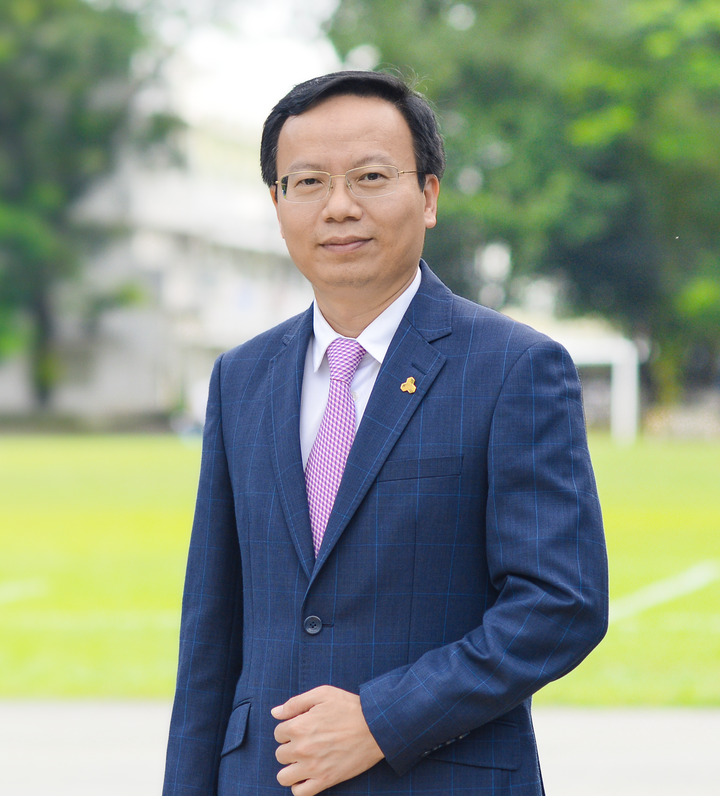
Prof. Dr. Mai Thanh Phong (Photo: Mai Huong)
From the initial steps to the stage of deep integration, Vietnam's science and technology has gone through many important milestones, reaped great achievements, and become the driving force and foundation associated with the country's development.
Amidst the strong flow of the digital age, our country's science and technology is undergoing a strong transformation, sensitive to advanced technological trends in the world (AI, semiconductor technology, quantum technology, etc.), ready to integrate and improve global competitiveness. In that process, we have witnessed major changes in the awareness and guiding viewpoints of the Party and State, showing a resolute policy and consistent orientation in promoting the comprehensive progress of national science and technology.
Untangling the mechanism
The recent policies issued by the Party and State such as Resolution No. 57-NQ/TW on breakthroughs in science, technology, innovation and national digital transformation, Resolution 71-NQ/TW on Breakthroughs in education and training development, Resolution 59-NQ/TW on International integration in the new situation are expected to become solid guiding frameworks for the country's transformation.
Professor Mai Thanh Phong said that the birth of the above resolutions is an important turning point when pointing out inherent barriers and proposing an open and synchronous action program in science and technology activities in our country.
For a long time, research and innovation have faced difficulties due to barriers in mechanisms, resources (human and material) have not been invested commensurate with potential, are fragmented, short-term and lack incentives.
For example, regarding the training and attraction of postgraduate human resources, according to Prof. Dr. Mai Thanh Phong, our country is facing a number of challenges such as the form of training is not really specialized; lack of scholarship support mechanism and research funding for students as well as less competitive advantage in retaining talent compared to the attractive policies of other countries.
Currently, most postgraduate students have to pay their own tuition fees, and are almost not entitled to scholarships, so in many cases, students only pursue their degrees and lack motivation for research. Particularly at the doctoral level, students also have to pay additional research costs, especially in engineering and technology fields. These costs are relatively high if the instructor does not have a project or other supplementary resources.
That makes it very difficult to attract domestic PhD students, those with capacity often choose to go abroad to study for a PhD. The number of those returning to work in the country is not high, not enough to compensate for the number of retired PhDs and professors, making the rate of increase in PhDs still very slow.
This situation further affirms the necessity and urgency of policies, investment mechanisms and adequate support for science and technology activities and talent training, in accordance with the context and development potential of the country.
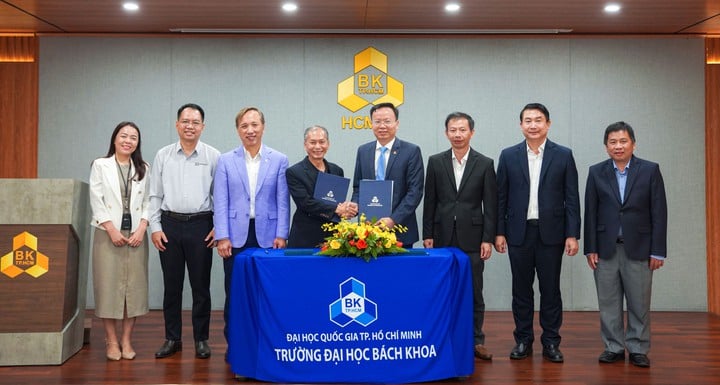
University of Science and Technology signed an agreement with Marvell Group on training and research on semiconductor microchips (Photo: Mai Huong)
Leveraging the new resolution
Resolution 57-NQ/TW on breakthroughs in science, technology and innovation has suggested action programs closely following reality to solve a number of shortcomings in science and technology in our country.
The new institution of the Resolution accepts the risk of venture capital and delays in scientific research, and has a policy of exemption from liability for businesses, organizations, and individuals in the case of testing new technologies and new business models that cause economic losses due to objective reasons. In addition, the Resolution also shows a strong level of investment in funding, infrastructure, etc., while previously, this funding source was still limited.
According to Professor Mai Thanh Phong, this helps researchers and scientists feel more secure when conducting research, thereby stimulating boldness and creativity.
In addition, Resolution 71-NQ/TW on Breakthrough in Education and Training Development aims to develop highly qualified human resources and talents, lead research, innovation, and train national talents through international integration, strengthen policies to support lecturers to improve their qualifications abroad, proactively build programs to attract excellent lecturers from abroad with outstanding incentives, and strongly innovate training programs according to international standards.
This Resolution opens a period of comprehensive integration, gives strong autonomy to higher education institutions, creates a special mechanism for developing world-class research universities and a strategy to integrate Vietnamese human resources into the global economy.
Prof. Dr. Mai Thanh Phong commented that, along with Resolution 57-NQ/TW, Resolution 71-NQ/TW continues to be an important bright spot for higher education institutions in improving governance models, innovating and enhancing the quality of training and research. Hopefully, the resolutions' guidelines will continue to be concretized into clear policies to make worthy investments in our country's science and technology human resources.
Making recommendations from the perspective of a university education manager, Prof. Dr. Mai Thanh Phong said that increasing the number and quality of research staff should be a top priority. According to him, to develop a high-quality team of PhDs, the State needs to have policies on tuition fees and scholarships for graduate students. Research projects or topics need to have a dedicated source of funding to pay for participating human resources. Currently, State-level topics provide funding for workers, but mainly in the form of contracted tasks, with payment levels not commensurate. Therefore, there needs to be a clear mechanism to directly support graduate students.
In recent years, the University of Technology (VNU-HCM) has had many solutions to promote training, scientific research and innovation, including a project to increase lecturers' income, a program to support and develop research groups, and a program to support international publications to motivate scientists.
Thanks to that, the number of scientific publications of the school has increased fivefold in more than a decade, reaching over 1,000 articles/year, of which more than half were published in prestigious, high-ranking journals. Notably, in the recent recruitment period, there were majors that the school only recruited 4-5 lecturers but received nearly 20 applications, most of whom were PhDs graduated from abroad. This is a positive signal, showing that the number of Vietnamese PhDs abroad is still very large and many people want to return if there is a suitable treatment regime.
In addition, Prof. Dr. Mai Thanh Phong proposed that investment and improvement of training quality should also be given attention and facilitated. First of all, the State needs to increase investment in infrastructure, especially the system of laboratories, practice and research equipment. Without modern laboratories and standard equipment, the quality of training and research in general will be difficult to ensure.
Young human resources need to proactively adapt and improve their own capacity.
Although human resources for science and technology in general are still relatively limited compared to demand, the young workforce in the technical technology sector in Vietnam has the potential to develop strongly in both quantity and quality if they are oriented and trained properly from an early age.
Prof. Dr. Mai Thanh Phong said that today's young people are very responsive to technology, proactive and highly ready in the digital age. In addition, in the context of the country strengthening the training of human resources in science and technology and innovation, higher education institutions pay special attention to improving programs and piloting some emerging majors to improve the quality of human resources to meet the labor market.
"This is a good opportunity for the young generation to enjoy an advanced educational foundation with international exchange, access to modern technology trends as well as popular industry trends," affirmed Professor Mai Thanh Phong.
The overall picture of university admissions in recent years also shows a rise in STEM majors, especially in the fields of information technology, artificial intelligence, semiconductors, network security, etc., which always have the highest admission scores. The priority of candidates with good academic performance and specific career orientation for this major opens up the belief in a young generation with solid expertise and good foreign language skills, creating a premise to supplement the country's science and technology human resources, which are currently in short supply.
However, according to Prof. Dr. Mai Thanh Phong, students and young workers are facing great challenges from rapid changes in technology, followed by strong shifts in the structure of industries, economy and social life. He expects today's young generation to become the core scientific and technological workforce of the country. To do that, each young person needs to clearly understand the current context, know how to take advantage of opportunities as a springboard, and at the same time maintain confidence to face challenges.
According to Prof. Dr. Mai Thanh Phong, young people should build a long-term plan for themselves, persistently practice skills, of which the most important is the ability to self-study, self-improve capacity and adapt flexibly to the changes of the times. In addition, there is openness in thinking and action, daring to persistently pursue passion and being ready to commit to one's choices.
“That is also the belief I place in the young generation of Vietnam – who have a tradition of studiousness, diligence and hard work – and will continue to write the journey to bring the country's science and technology to a breakthrough,” emphasized Prof. Dr. Mai Thanh Phong.
Source: https://mst.gov.vn/gs-ts-mai-thanh-phong-ky-vong-giai-phong-tiem-luc-khcn-thong-qua-co-che-coi-mo-va-nguon-luc-xung-tam-197250930090519225.htm







![[Photo] Discover unique experiences at the first World Cultural Festival](https://vphoto.vietnam.vn/thumb/1200x675/vietnam/resource/IMAGE/2025/10/11/1760198064937_le-hoi-van-hoa-4199-3623-jpg.webp)
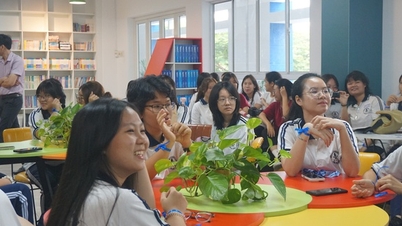











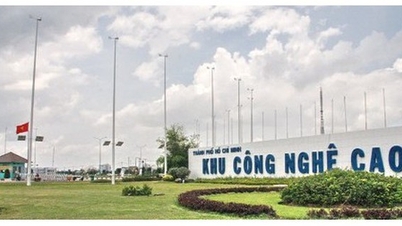
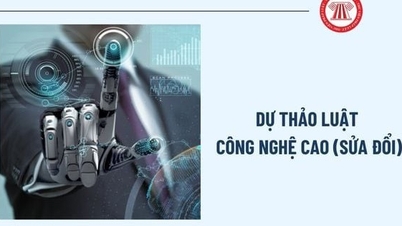
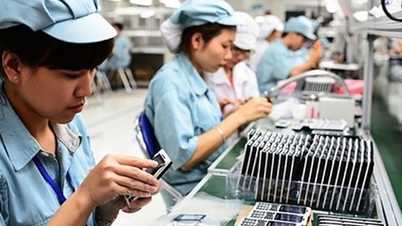
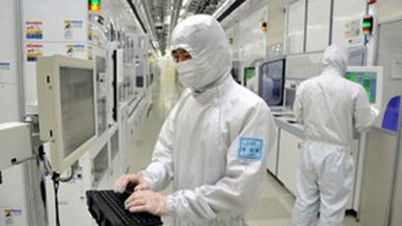




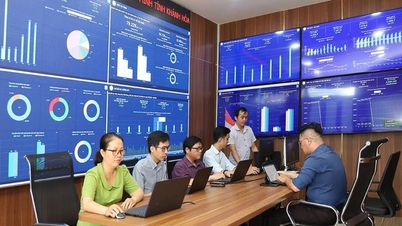
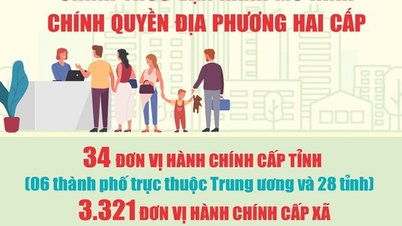
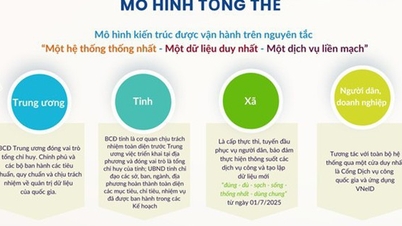
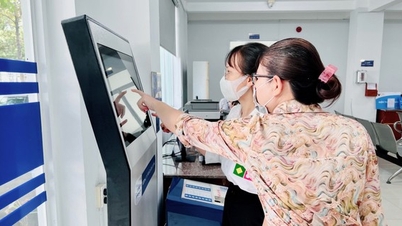
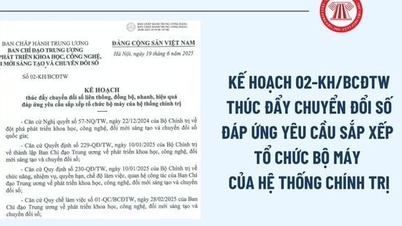

![[Photo] General Secretary attends the parade to celebrate the 80th anniversary of the founding of the Korean Workers' Party](https://vphoto.vietnam.vn/thumb/1200x675/vietnam/resource/IMAGE/2025/10/11/1760150039564_vna-potal-tong-bi-thu-du-le-duyet-binh-ky-niem-80-nam-thanh-lap-dang-lao-dong-trieu-tien-8331994-jpg.webp)

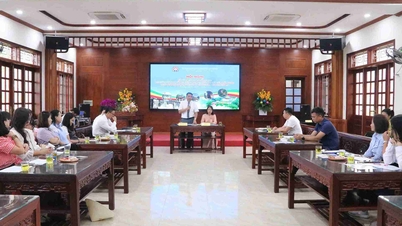





















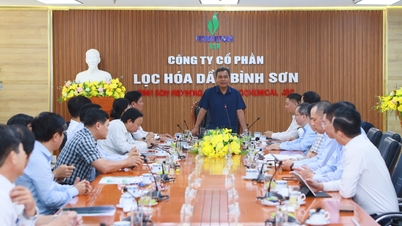










![[Photo] General Secretary attends the 80th Anniversary of the Traditional Day of the Armed Forces of Military Region 4](https://vphoto.vietnam.vn/thumb/402x226/vietnam/resource/IMAGE/2025/10/12/1760265970415_image.jpeg)




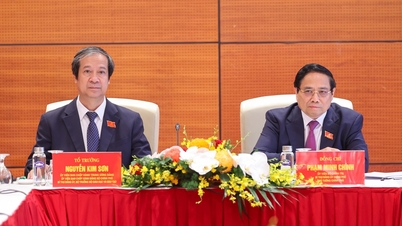

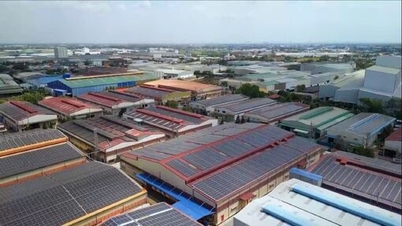

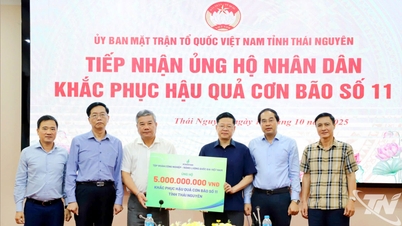

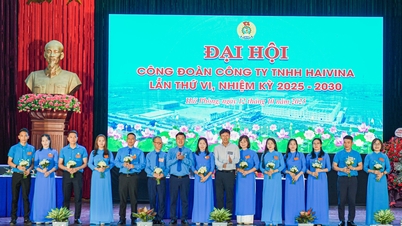

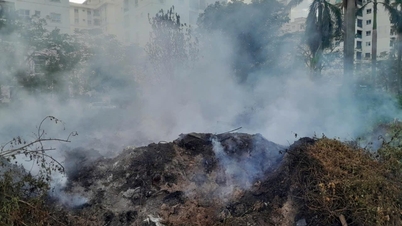
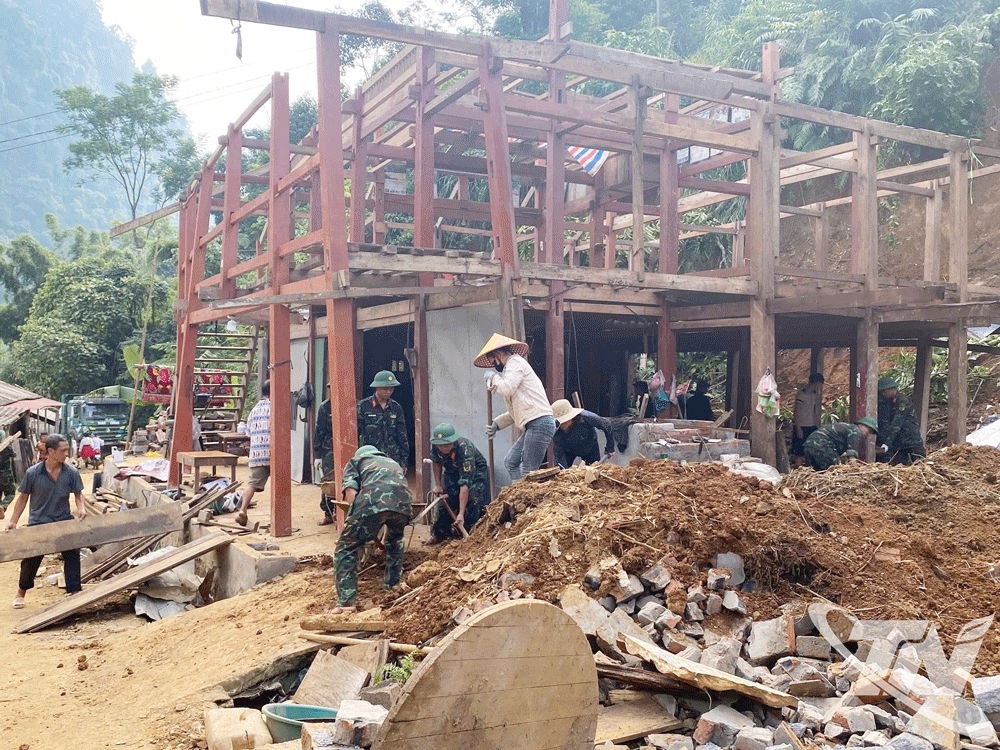

















Comment (0)